Is Boris Johnson’s claim that Keir Starmer failed to prosecute Jimmy Savile ‘false’? The BBC certainly thinks so. During the Radio 6 bulletins last night, a BBC newsreader stated:
The Commons Speaker has rebuked Boris Johnson over his false claim that Sir Keir Starmer failed to prosecute Jimmy Savile after the Labour leader was targetted by protesters.
Last week, the Prime Minister said during a Commons statement that Starmer had spent his time as head of the Crown Prosecution Service ‘prosecuting journalists and failing to prosecute Jimmy Savile’. An odd response to questions about the Sue Gray report, and certainly distasteful to use heinous sex crimes as a political attack. But is it ‘false’?
Let’s look at the context: Starmer was director of public prosecutions from 2008 to 2013. In 2009, Savile was interviewed under caution after Surrey and Sussex police consulted the CPS. The reviewing lawyer in the case eventually decided not to prosecute Savile after being told that none of the complainants were prepared to support police action. However, a 2013 report by Alison Levitt QC into that decision found that prosecutors should have ‘taken a different approach’ and that the allegations were ‘both serious and credible’. She concluded: ‘the prosecutor should have recognised this and sought to “build” a prosecution’.
In a BBC fact check article from last week, the Corporation stated that there was ‘no evidence that Sir Keir was involved at any point in the decision not to charge Savile’. That is undoubtedly true, but the key distinction over the claim is not a factual one — it is a question of where responsibility should lie. The BBC’s position is that because there is no evidence for Starmer’s involvement in the case, he cannot be held responsible for the decision.
Addressing criticisms over his original comments, the Prime Minister said: ‘I’m not talking about the leader of the opposition’s personal record when he was DPP. I was making a point about his responsibility for the organisation as a whole.’ So the argument centres on whether Starmer bears at least some responsibility for the decisions of his subordinates. In resolving that dispute, it may be useful to look at Starmer’s biography on the Doughty Street chambers website. The page states: ‘As DPP, Keir was responsible for all criminal prosecutions in England and Wales.’ It certainly seems as though Starmer’s own chambers agrees with the PM’s assessment. And it’s obvious that the dispute isn’t nearly as clear cut as the BBC is making out.
Asked about their decision to brand the claim as ‘false’ (a technique often used by American broadcasters when covering Donald Trump) a BBC spokesperson told Mr S: ‘The BBC has reported on all aspects of this story — including the reaction of Boris Johnson to the treatment of Sir Keir Starmer by protesters, and criticism from some Conservative MPs and others linking what happened to remarks made by the Prime Minister in the House of Commons.’ They added that the BBC had made clear the distinction between personal and organisational responsibility.
The point, though, is how the BBC chooses to present that distinction. When the Corporation reports that the statement is ‘false’, it implicitly makes a value judgement on where responsibility lies. For all its talk of objectivity, the BBC has made that moral judgement for you.
Got something to add? Join the discussion and comment below.
Get 10 issues for just $10
Subscribe to The Spectator Australia today for the next 10 magazine issues, plus full online access, for just $10.


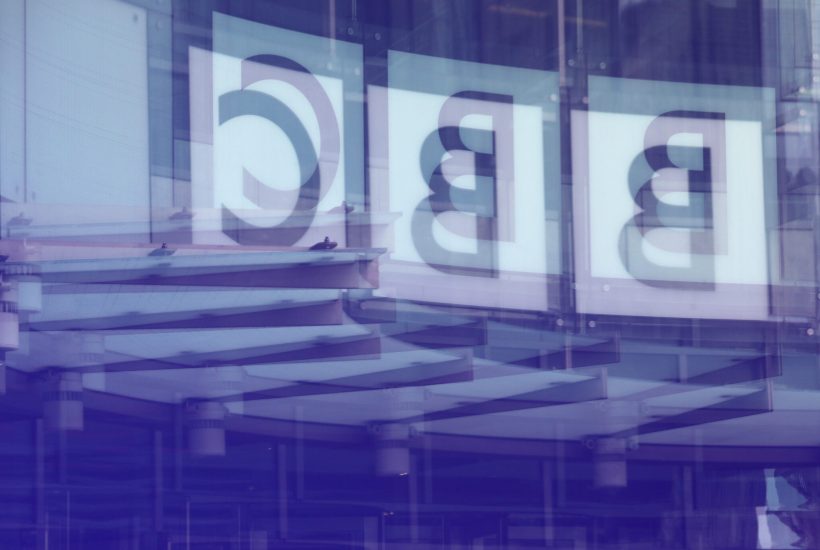
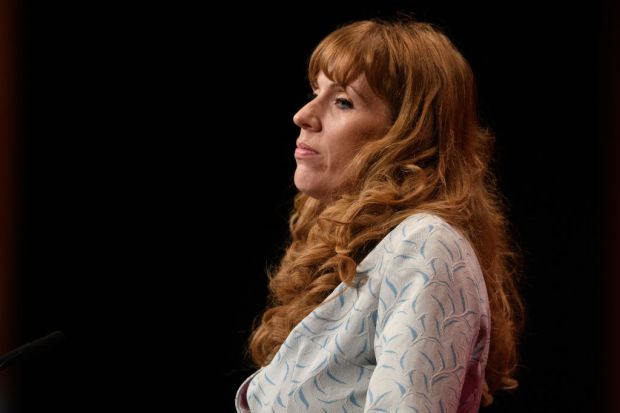
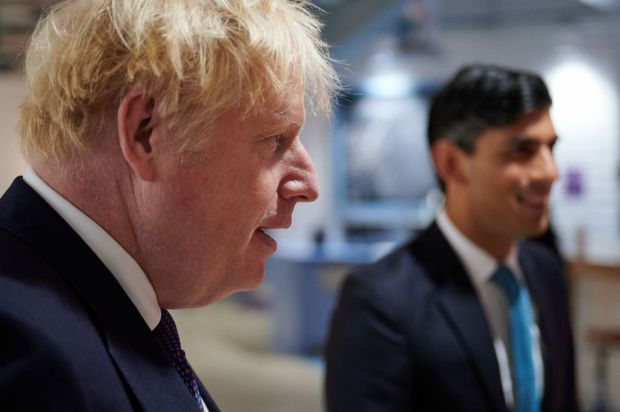


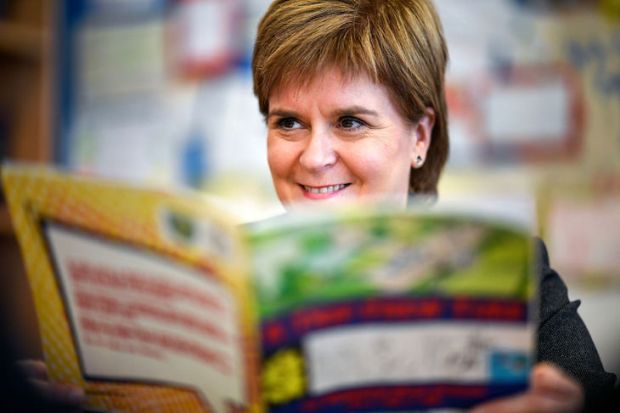
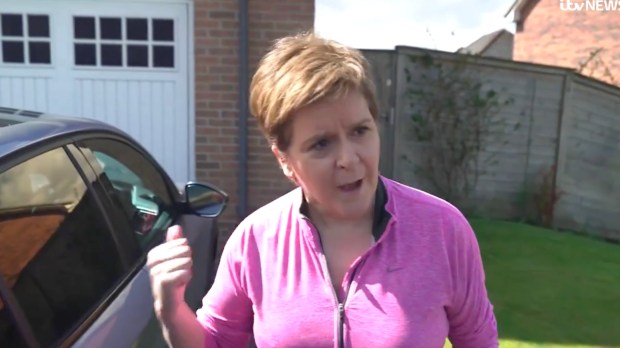












Comments
Don't miss out
Join the conversation with other Spectator Australia readers. Subscribe to leave a comment.
SUBSCRIBEAlready a subscriber? Log in